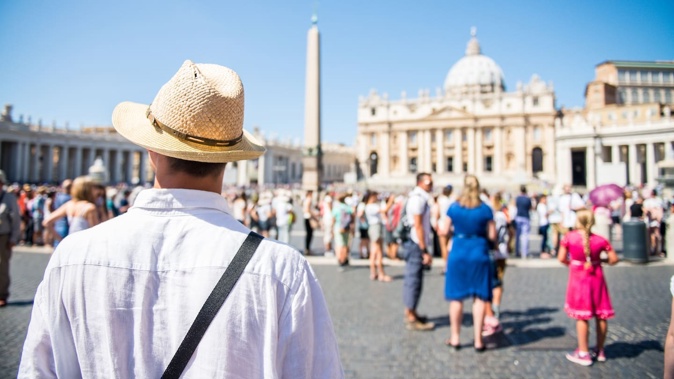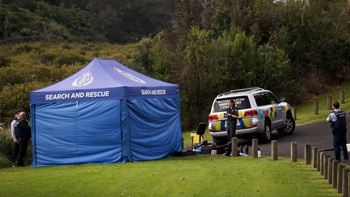
European summer is fast approaching - but Kiwis heading on their OEs might be surprised to find that their favourite spots are a little trickier to visit in 2024.
Summer hotspots like Croatia and Italy are putting in place controversial measures to manage increasing tourist numbers, which may put a damper on Kiwis’ upcoming travel plans.
Venice. Photo / Joshua Stannard on Unsplash
Italy
Venice, a top spot for those travelling to Italy, saw 3.2 million tourists book overnight stays in the historic town in 2022 - a stark contrast to the 50,000 local residents of the town.
Now, Venice will charge day-trip visitors for entry in an attempt to prevent numbers from surging.
The capital of northern Italy’s Veneto region has put a ticket system in place, which will be monitored by inspectors conducting spot checks at locations across the Unesco World Heritage site. Visitors will need to buy a five euro ($9) ticket when spending the day in the canal-lined town.
In 2021, concerns over the environmental impact of huge cruise ships saw the popular travel mode banned from Venice’s shores.
Additionally, Venice has introduced a tax for tourists staying overnight.
Amsterdam. Photo / Getty Images
Netherlands
For years, Amsterdam has been trying to clean up its image as being a prime location for bachelor parties, illicit substance abuse and sex, which brings in nearly 20 million tourists a year.
The Dutch capital launched an online campaign in 2023 discouraging young Brits from visiting Amsterdam to chase cheap thrills, with officials warning them that they should “stay away” or risk imprisonment.
Amsterdam also announced last week its plans to ban the building of new hotels and to halve the number of river cruise ships in the Dutch city over five years.
Last year, Amsterdam also banned smoking cannabis on the streets of the red-light district.
 The walls of Dubrovnik old town. Photo / Getty Images
The walls of Dubrovnik old town. Photo / Getty Images
Croatia
Dubrovnik, a medieval walled city in Croatia, is one of Europe’s most overcrowded towns, with the constant buzzing of tourists often making it impossible to enter the historic Old Town, a Unesco world heritage site.
Often regarded as the jewel of the Adriatic, Dubrovnik has seen a massive increase in tourists since the popular show Game of Thrones was filmed there in 2011.
In 2023, the small town saw 1.2 million tourists in stark contrast to the 41,000 locals who live there. However, the numbers have lowered since 2019, which saw a record number of 1.4 million people visit.
Five years ago, Croatian authorities restricted the amount of cruise ship arrivals to two per day, with no more than 4000 passengers per ship.
They also introduced an app that utilises machine learning and weather forecasts to predict when the Old Town is prone to more visitors.
 Barcelona.
Barcelona.
Spain
Barcelona, a Spanish city on the Mediterranean coast, is a much-loved tourist destination for its famed Gaudi architectural wonders and one of the country’s best football clubs.
Barcelona’s former mayor between 2015 and 2023, Ada Colau, cracked down on illegal Airbnb rentals that were said to be pricing locals out of the property market at the time.
The capital of the Catalonia region also restricted the number of guided tour groups entering the historic La Boqueria market, especially during peak shopping hours.
In the city centre, tour groups must be limited to a maximum of 20 people and guides are banned from using loudspeakers.
This article was originally posted on the NZ Herald here.
Take your Radio, Podcasts and Music with you









